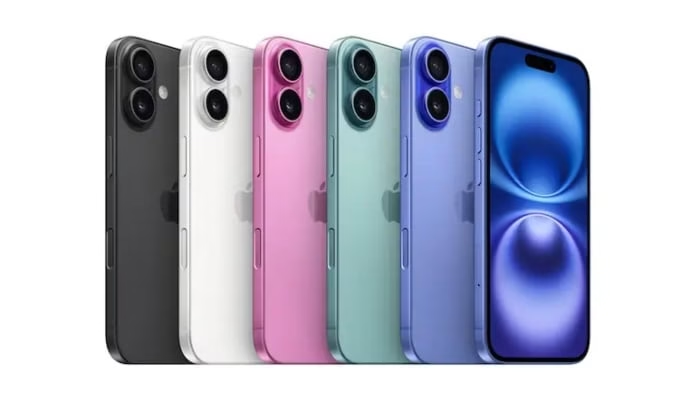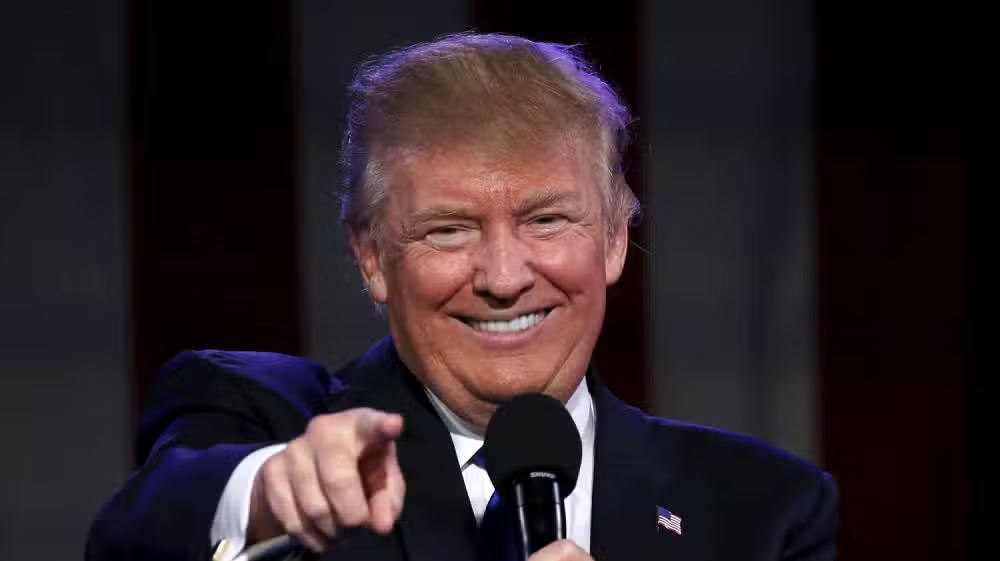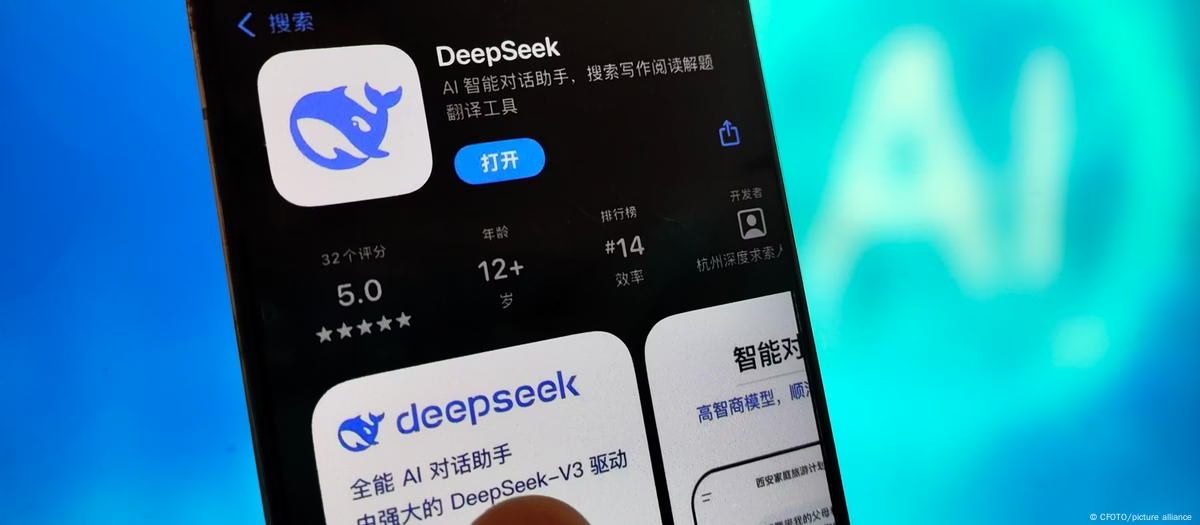In a significant move at the end of October 2024, the Indonesian government banned the sale and use of the iPhone 16 series and Apple Watch 10 series across the country. The decision stemmed from Apple’s failure to meet its earlier investment commitments in Indonesia. This unexpected development has put Apple on edge, forcing the American tech giant to reconsider its approach to the Southeast Asian market.
Indonesia, home to over 278 million people, has emerged as a critical market for smartphone manufacturers. With more than 50% of its population under the age of 44, the country has a growing appetite for high-quality smartphones. However, Indonesia has taken a firm stance to ensure foreign companies contribute significantly to its economy through investments in research, development, and manufacturing.
Why Did Indonesia Ban the iPhone 16 Series?
Apple had initially promised to invest over $100 million in research and development centers in Indonesia as part of its commitment to operate in the market. However, by the time of the ban, the company had only invested $9.5 million, far short of the pledged amount.
In response, Indonesia’s government imposed a ban on the sale and use of Apple’s flagship devices. This decisive move signaled that Indonesia would no longer tolerate unfulfilled promises from multinational corporations. The Ministry of Industry emphasized the need for tangible contributions to Indonesia’s technological and manufacturing ecosystem.
Apple’s Response: A New Investment Offer
The ban sent shockwaves through Apple, as Indonesia represents a lucrative and fast-growing market. To regain access, Apple has now offered an additional $100 million investment over the next two years. This offer, reported by Bloomberg, demonstrates Apple’s willingness to address Indonesia’s concerns and meet its expectations.
The Indonesian Ministry of Industry has acknowledged the offer but has urged Apple to focus on initiatives that directly benefit the local economy, such as smartphone manufacturing and research projects. The ministry has yet to make a final decision on Apple’s proposal, but the ongoing negotiations signal a potential thaw in relations.
A Meeting That Didn’t Go as Planned
Interestingly, when Apple executives traveled to Jakarta to discuss the matter with Industry Minister Agus Gumiwang Kartasasmita, they were informed upon arrival that the minister was unavailable. Instead, they were directed to meet with the Ministry’s director general. This incident highlights the high stakes and tense nature of the discussions.
Despite the challenges, Apple seems committed to mending ties with Indonesia and accessing its massive consumer base.
Why Were Google’s Pixel Phones Banned Too?
Apple is not the only tech giant facing restrictions in Indonesia. Google’s Pixel smartphones have also been banned due to similar reasons—failure to fulfill investment commitments. This trend showcases Indonesia’s increasingly tough strategy to ensure foreign companies deliver on their promises.
The government’s approach appears to be yielding results, with Apple stepping up its investment plans.
The Bigger Picture: Indonesia’s Growing Influence
Indonesia’s tough stance reflects its growing influence in the global tech landscape. By demanding more from tech giants, the country aims to establish itself as a hub for research, development, and manufacturing.
For Apple, this is a chance to not only resolve the immediate crisis but also strengthen its foothold in a market with immense potential. By addressing Indonesia’s concerns and fulfilling its commitments, Apple can position itself as a trusted partner in the region.
The ban on the iPhone 16 series and Apple Watch 10 series highlights the challenges multinational corporations face when operating in markets with strict investment policies. Indonesia’s approach has set an example for other nations, proving that tough measures can compel tech giants to contribute more to local economies.
As negotiations continue, all eyes are on Apple’s next move. Will the additional $100 million investment be enough to overturn the ban and restore its presence in Indonesia? Only time will tell. However, one thing is clear: Indonesia’s strategy is reshaping how tech giants engage with emerging markets.



